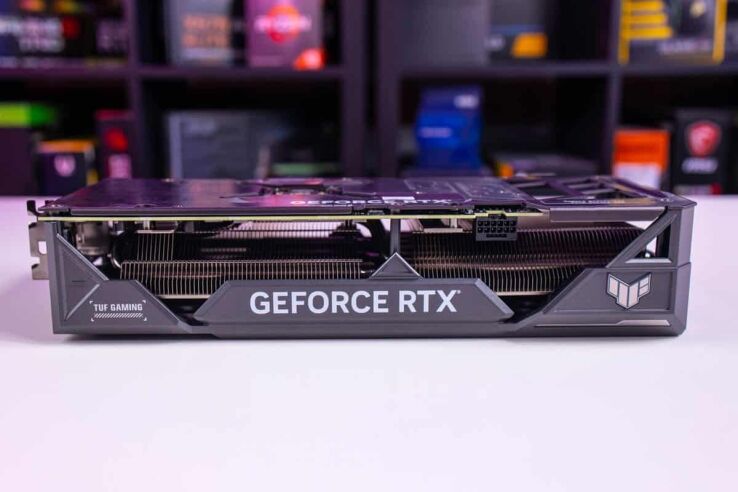Is 150ºC too hot for a GPU?
Reaching way into the three digits is a real danger for computer components

WePC is reader-supported. When you buy through links on our site, we may earn an affiliate commission. Prices subject to change. Learn more
Three digits temperatures on your component are dangerous territory. So is 150ºC too hot for a GPU or can you keep cooking on it?
Yes, operating your GPU (graphics processing unit) at temperatures of 150°C is far too hot and could result in catastrophic hardware damage. GPUs are designed to operate in a safe way at temperatures up to 90°C, even though they are believed to be in the upper portion of their operating range.
If you exceed this limit, it could cause a decrease in performance, an unstable system, and the possibility of permanent damage to your GPU.
At temperatures of 150 °C or higher, the solder joints connecting a GPU to its PCB (printed circuit board) may begin to melt, resulting in permanent damage and rendering it unusable.
In addition, other components on the GPU, like resistors and capacitors, could be damaged or fail and cause malfunctions or a total shutdown of the GPU itself.
High GPU temperatures are caused by several factors. The most frequent problem is poor cooling. It can be the result of poor airflow, inadequate or defective fans, or a poorly installed or damaged heatsink.
Dust accumulation and debris buildup also impede cooling, so it’s essential to regularly clean your GPU and other components.
Other causes that may be contributing factors to the high GPU temperatures include overclocking, which means that you increase the speed of your GPU’s clock and voltage over default settings, as well as playing intense games or programs that put a lot of stress on the GPU.
Operating your GPU at a temperature of 150 °C is far too hot and could lead to catastrophic hardware damage. To keep it running optimally, ensure proper cooling, avoid overclocking, and adjust settings as necessary to reduce the workload on the GPU.
Doing this helps guarantee optimal performance and longevity for your GPU. If temperatures are this high, it is recommended that you immediately shut down your system and investigate the cause before resuming use.
You can also follow our guide on how to lower GPU temperatures to try and improve the situation. Especially as there should be preventative measures to stop it from reaching them.